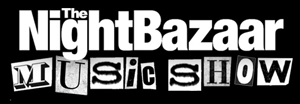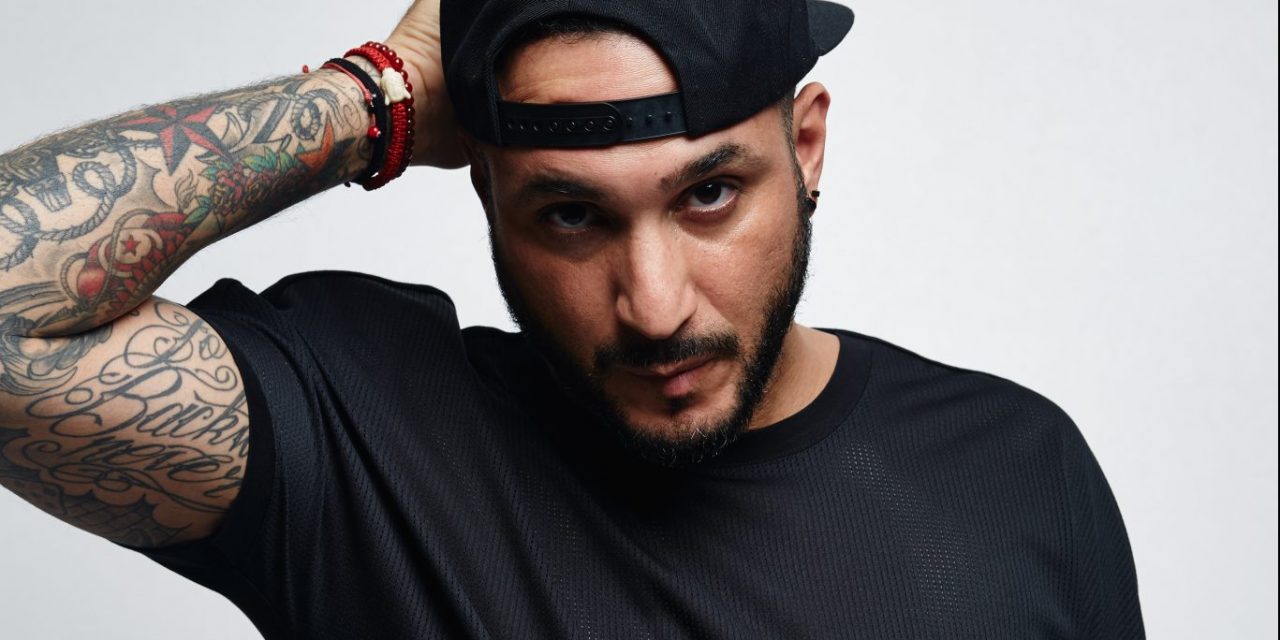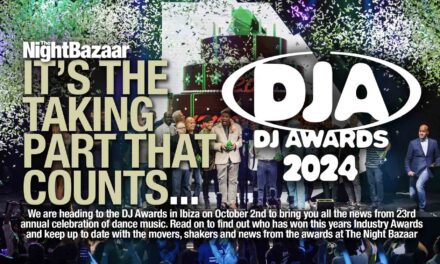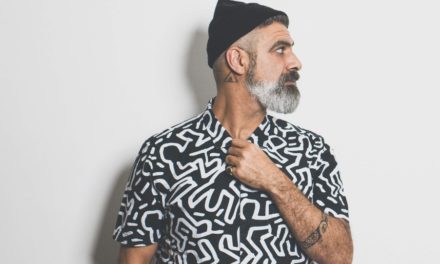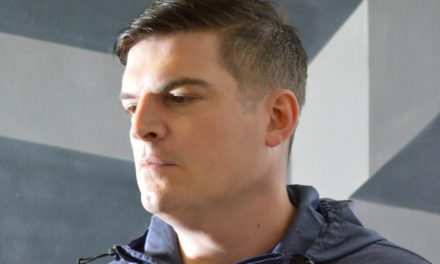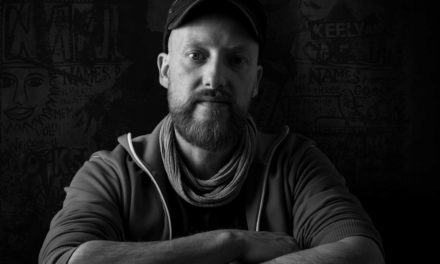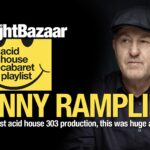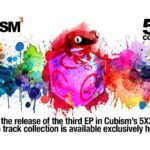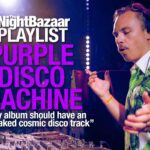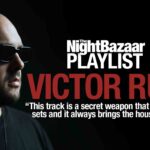ANYONE who has witnessed Loco Dice DJ, from Timewarp to DC-10 to the HYTE parties at Amnesia – can testify that few match his ability to soundtrack a night.
We caught up with Dice towards the end of 2015, just as he was about to unleash his second LP, ‘Underground Sound Suicide’. The album fused together sounds from hip-hop and techno resulting in an amalgamation of both his influences and vision for electronic music. Since the release of his debut artist album ‘7 Dunham Place’ in 2008, Dusseldorf’s Loco Dice has grown to become one of the most sought after names in house and techno. Having just seen him play a special back to back set at SW4 with his friend Carl Cox we fired some questions at him about the new long player.
We caught you at SW4 with Carl Cox which was amazing. Your partnership with Carl has become one of the more famous duels he has behind the decks. What do you enjoy about playing alongside him?
Carl Cox is not only long time friend, he is also great artist and DJ. I think that we’ve developed some kind of non-verbal communication and understanding during the years, so we never prepare our sets. It’s a matter of trust, integrity, knowledge, and it’s that unique energy that Carl emanates that makes all our back 2 back encounters lively and interesting. This year we played a memorable set at Carl’s Music Is Revolution – The Next Phase closing at Space. It was magic past closing time with a full house. Also I’d say we compliment each other rather than duel.
Speaking of collaborations, your new album features some great partnerships with the likes of Chris Liebing, Giggs, Jaw, Pulshar, Miss Kittin and Just Blaze. Can you tell us more about how you approached the album? Was it an organic process?
It was an organic process from the moment I had my stories and ideas that I wanted to set to music. My studio in Düsseldorf was just finished and I enjoyed spending time there with some older gear. Like DJing, music making is for me a social process that I enjoy more when I share it with people. So I invited a few close friends and artists to jam, and it was instantly clear that those jams were already the foundation for new tracks. Every artist added something distinctive and special – Miss Kittin’s voice, Giggs’ flow, Pulshar’s spaciousness, Chris Liebing’s sense of Techno.
You have combined your first love, hip hop with house and techno on this album. Do you feel this album is a true representation of you as an artist as opposed to Loco Dice the DJ?
“Underground Sound Suicide“ is who I am today. Hip hop has always been present, and you can hear lots of it in my earlier tracks like “Pimp Jackson Is Talkin’ Now!!!“ or “Definition” for example. Those were not explicit Hip Hop tracks, but they had that feeling. Probably everything I do has it. But this time I was confident enough to use the microphone and rap again. In almost every track you’ll hear my voice somewhere, and that vocal element ads another personal note to the album.
Martin Buttrich who you run Desolat with is hugely influential in your creative life. What’s great about working with him? Can you give us a bit of background to your working relationship in general?
I made my first Techno/House tracks with Martin and from the beginning we understood each other well. Martin is someone who can work with sounds fast and he is a great engineer. When I come with my drafts, ideas or tracks, he’ll understand what else I need to complete the track. So we sit in the studio, work, talk about sounds and Martin will find them. Talking about Desolat: Martin and I founded Desolat in 2007, but since July 2012 he’s not involved in it.
You have been teasing us with three singles from the album. Is there any reason you wanted people to hear these specific tracks in sequence before unleashing the full album?
Three singles from the album are a nice introduction and invitation to discover more. At the same time, I have this classic, romantic idea of an album as the most prestigious work that comes with upfront singles. „Get Comfy (Underground Sound Suicide)“ is the title track from the album, „Sending This One Out“ with Just Blaze and „Keep It Low“ with Chris Liebing open doors towards hip hop and techno that you’ll find on the album. Singles are an invitation to find out more, or just great club tracks that can also stand without an album.
It’s been 7 years since your debut artist album. How have you evolved since then both as a producer/artist and as a DJ?
I’m 7 years older now, and I have much more confidence in my abilities to express myself as producer and as a DJ with 7 years more experience gained world wide, I definitely know how to handle my body. Still every party is a new challenge.
Your last album was made in NYC and this one in your home town of Düsseldorf. How does working in different cities influence the work? I’m guessing from your touring as a DJ you are constantly being influenced by different cultures in different cities anyway?
I can’t produce on the road, but I definitely take lots of influences from there. From encounters, places I visit, the news I hear, art, from people around me. I love to share ideas, hear new stories, be inspired, but at the end it’s me who tells them through my music, and that music is created in my studio that is currently in my home town Düsseldorf.
Where did the name Underground Sound Suicide come from?
Underground Sound Suicide comes from my observations.
The album is out on Ultra Music. Why did you decide to put the album out with them and not on your own Desolat imprint?
Desolat is not a platform to release my music. Desolat is an independent label where I release the music that I like and play, something that I want to share with people in a special way. On Desolat we had albums by Premiesku and Pulshar, our annual X-Sampler and great 12“s. An album needs some space for itself. That space was offered by David Waxman and Ultra. I’ve known David, Ultra Music A&R, since my first gigs in New York many years ago, and he digs the album. So like with every collaboration on my album, also this one was very natural.


